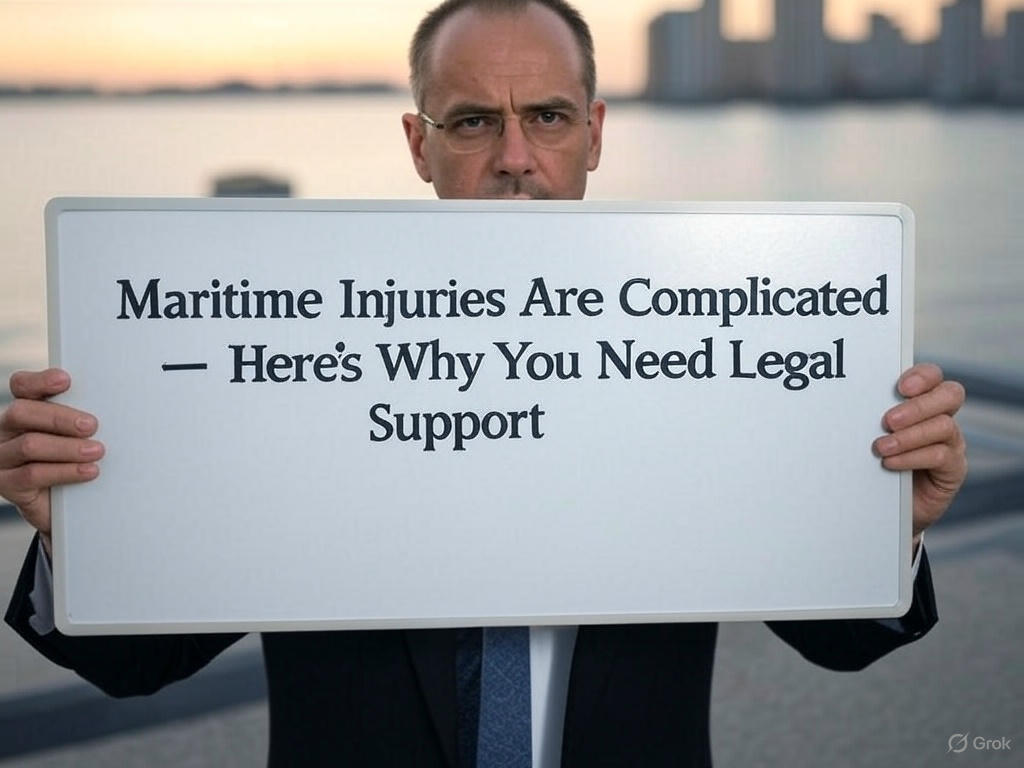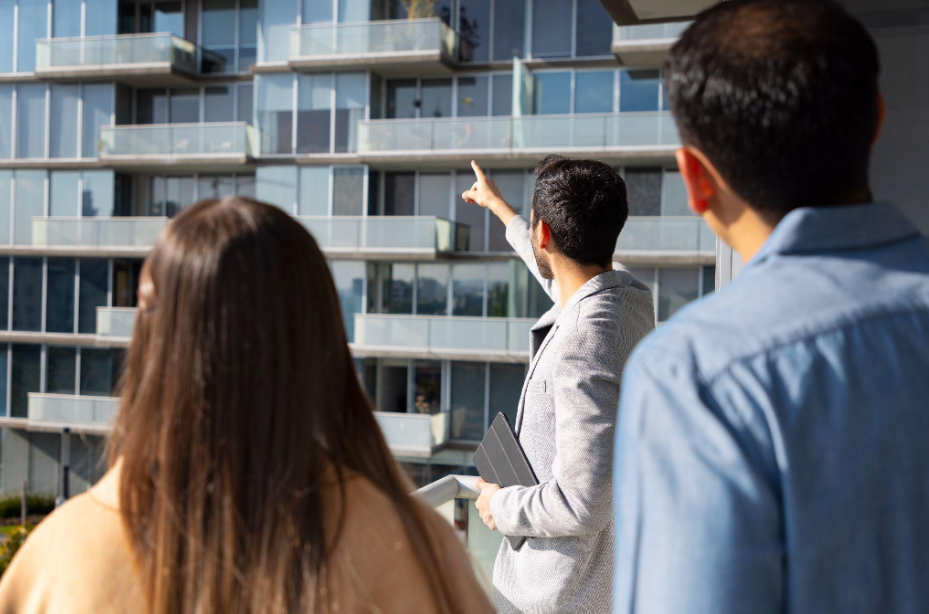Do you ever stop to consider what would happen if you were in a medical emergency alone?
Receiving help during moments of such necessity can be the difference between life and death.
Upon knowing such a likelihood, it is essential that you decide on the most appropriate medical alert system for your health and peace of mind.
As technology advances, these devices serve as emergency buttons and come with life-saving features, including automatic fall detection, GPS tracking, and two-way communication.
The right system means that help is always an option – whatever you’re doing, from the shower to out for a walk at home.
But with so many options, how do you decide which is the best of them all for you or your loved one?
This guide will cover the five essential features of a good medical emergency system.
1. Water-Resistant
Water resistance capabilities should be considered when choosing a medical alert system.
Accidents do not choose a place to happen, although the bathroom, kitchen, and, at times, the garden are more susceptible given their exposure to water. In that instance, a waterproofed device will protect you.
So, if you slip in the shower, make sure your emergency medical alert system is functional so that assistance can reach you in time.
A water-resistant system ensures that you do not have to remove it during daily activities, and assistance is always within reach.
Further, the device should be chosen with a specific IP rating that specifies the degree of its water resistance.
With a water-resistant, rugged system, you can be confident you are living independently with the assistance of help that is always nearby.
After all, safety must never take a back seat, even in the shower.
2. GPS Location Tracking
Among the features you can seek in medical alert systems, GPS location tracking is close to the top for the many benefits it provides in a single valuable package.
It allows response teams to know your precise location in case you are in unfamiliar areas or outside. Imagine going for a walk in the park and unexpectedly experiencing a medical emergency.
With GPS, the rescuers will directly reach you, which wastes no time because of reduced response time.
It can also be helpful for family members and caregivers because such devices can easily keep track of loved ones with a tendency to walk around or become lost.
All in all, besides ensuring safety, this feature ensures independence- it enables you or your loved one to go out and about and be as free as you want, with the reassurance that help would be a button press away wherever you may be.
3. 24/7 Monitoring and Professional Emergency Response
Another critical thing when choosing a medical alert system is professional monitoring, as an emergency can strike at any time and for any reason, such as a sudden fall, a medical episode, or any other unexpected health-related situation.
This is especially important when you’re alone or unable to reach a phone, as trained responders are just a few keystrokes away, ready to help in those critical moments.
An alarm button gives you the potential to be linked quickly to a live operator in a matter of seconds.
These professionals are trained to assess your situation and respond accordingly, whether assisting a family member or summoning emergency services, comforting you until help reaches you.
More than that, this round-the-clock support provides peace of mind you didn’t know you needed. This will enable you to live independently based on the knowledge that help is never far away, whatever time of the day it is, and you will never be truly alone in an emergency.
4. Fall Detection Technology
Fall detection technology is another essential feature of a medical alert system.
As one of the most common medical emergencies, there may be a case when no button is pressed to summon help.
That’s where fall detection technology comes in, using advanced sensors to register sudden falls and send an alert, regardless of whether you’re unconscious or immobile.
Most modern systems use intelligent algorithms to distinguish between everyday movement and falls.
Some systems also alert your nominated relative or caregiver to your location, adding extra protection.
It is revolutionary technology because it can be lifesaving for people to know that assistance is always coming whenever they require it.
5. Two-way Communication
Two-way communication is one of the most important features to watch out for in a medical alert system.
The feature allows you to talk directly with emergency responders through the device, giving you a lifeline when you are in an accident.
You can still directly communicate your needs and location with the monitoring center. This enables more effectiveness at the response point where operators can view where you could be in real-time, reassuring or guiding you until help comes.
With a speaker and microphone, these systems will ensure you receive clear audio when needed.
Two-way communication may also be handy in managing non-emergency issues by allowing you to speak with caregivers or family members at your convenience.
The knowledge that this feature puts your safety and welfare under your control, with rescue just a voice command away, is sure to boost your confidence.
Wrapping Up
Choosing the right medical alert system is all about choosing features that allow you to stay safe, independent, and comfortable.
Through GPS tracking, 24/7 monitoring, fall detection, two-way communication, and water resistance, you or your loved one will always have a reliable backup.
Once you invest in the best of the system, you are guaranteed that help is always at the tip of your finger whenever you find yourself entering new life zones.



